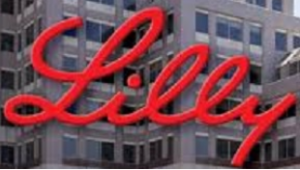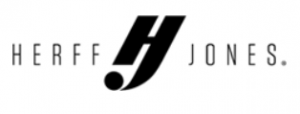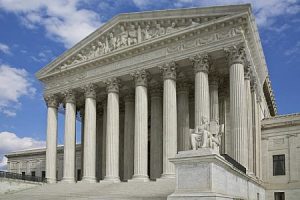This case, originally filed by Barrington Music Products, Inc. in the Northern District of Indiana, was brought on appeal in the United States Court of Appeals for the Seventh Circuit. After the Northern District awarded Barrington a mere $3,228.00 in damages, Barrington filed a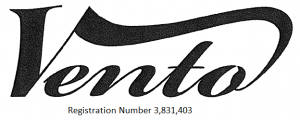 Federal Rule of Civil Procedure 59(e) motion asking the court to amend the damages awarded to $4,947,200.00. The Northern District denied the 59(e) motion and the Court of Appeals affirmed.
Federal Rule of Civil Procedure 59(e) motion asking the court to amend the damages awarded to $4,947,200.00. The Northern District denied the 59(e) motion and the Court of Appeals affirmed.
Barrington’s attorney, Sean Quinn, frequently appears before the Northern District of Indiana for intellectual property infringement litigation cases such as this one. In this case, Guitar Center, Music & Arts, and Woodwind were each named as separate defendants. The jury found the sales by Guitar Center 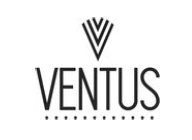 were the only infringing sales and awarded the $3,228.00 accordingly.
were the only infringing sales and awarded the $3,228.00 accordingly.
After the case concluded, Barrington claims it discovered Music & Arts and Woodwind were divisions of Guitar Center and not distinct and separate entities. The Court of Appeals found that the judgment was rationally supported by the evidence and that there is no reason to conclude that the damages awarded would have been different had Guitar Center been the sole defendant. In support of this finding, the Court of Appeals pointed out that the original damages were awarded because the jury did not find that Music & Arts and Woodwind infringed on the “Ventus” mark.
 Indiana Intellectual Property Law News
Indiana Intellectual Property Law News


